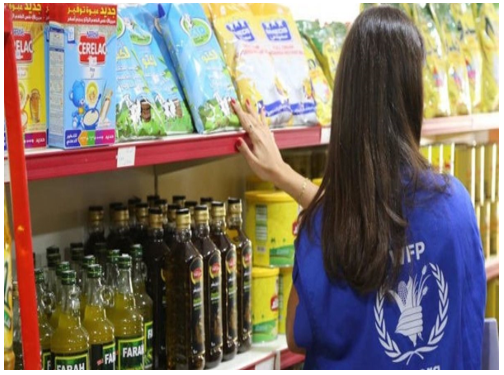The August 4 Beirut Blast
The UNIFIL intervenes
UNIFIL forces at the port in Beirut, September 27, 2020, photo credit: UNIFIL website
Report by Fouad Kazan
Brief Overview
This week, the UNIFIL dispatched its forces to the Beirut port to support authorities with the clearing of debris and construction efforts in the aftermath of the devastating Aug. 4 port explosion. UN teams will do so in three phases, to allow operations at the port to resume as soon as possible, seeing that the country’s economy is also in ruins and every penny is needed. Nevertheless, there is no doubt that this endeavor is a good sign that Lebanon is one of the international community’s primary concern. Maybe, this is a good sign that constructive foreign intervention will increase over time, and put those who were responsible for the tragedy or for the corruption in Lebanon on their knees.
Even the country’s President Michel Aoun, during the UN assembly’s annual debate proposed to divide the devastated area into geographical zones and “let every country that wishes to help commit to a specific zone and undertake its reconstruction directly”.
Humanitarian Aid
WFP activist distributing food items, September 24, 2020, photo credit: the 961
In addition to UNIFIL’s deployment to help the Lebanese army, the United Nations World Food Program (WFP) is extensively expanding its support to a key Lebanese social assistance program, with the goal of helping 270,000 people get through the triple shock caused by economic crisis, the COVID-19 lockdown and the blasts at the Beirut port. Moreover, an Emirati ship arrived to the port of Beirut bearing 2,400 tons of relief aid, including food, food supplements for children, sanitizers, personal protective equipment, clothes and medical supplies. In addition, the Syrian American Medical Society Foundation launched a new program to help those who cannot afford the high cost of hospitalization in Lebanon. Being funded through a grant from the Lebanon Humanitarian Fund (LHF) and in partnership with United Nations Relief and Works Agency for Palestine Refugees in the Near East (UNRWA) and the United Nations High Commissioner for Refugees (UNHCR), it will be 12 months in lengths.
Communication and Public Relations Department


